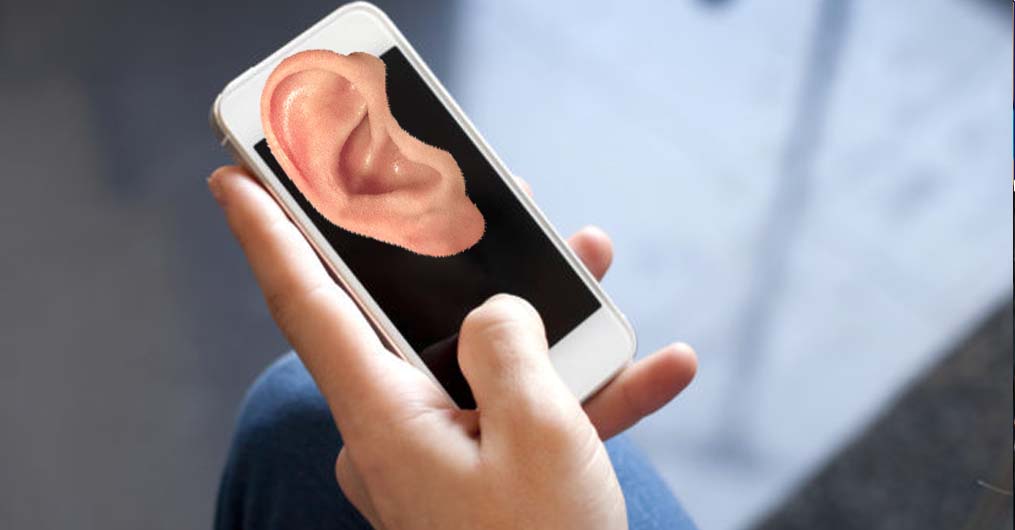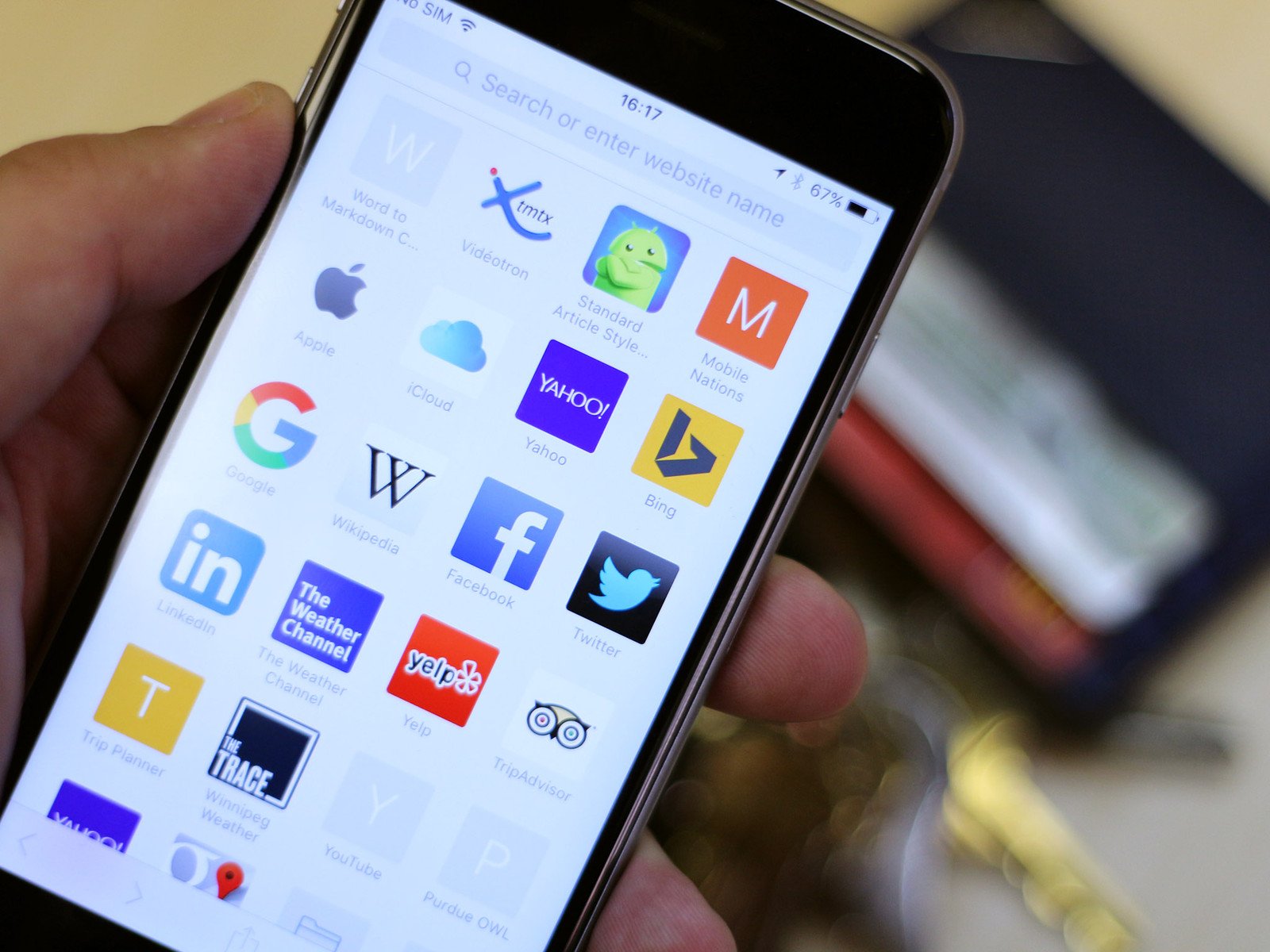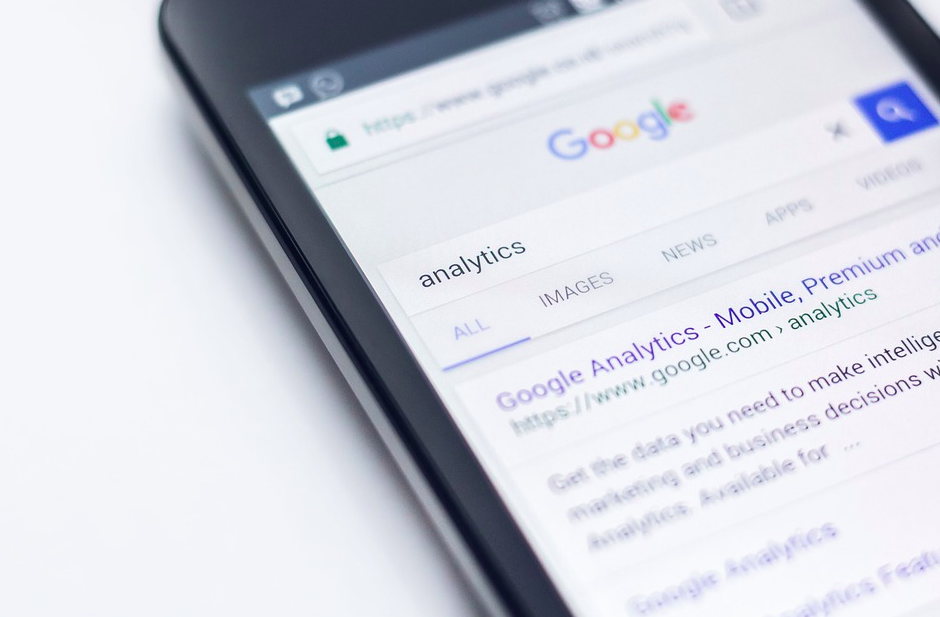
Have you ever been talking with a friend about that cute pair of black pants you saw at T.J. Maxx and later on saw those same black pants pop up on your computer in an advertisement? Even though you’ve never searched it once on your laptop or phone?
Many smartphone consumers have sworn that their phones are listening in on their real life conversations. CBS has delved into the world of smartphones and their invasive listening hacks. We finally have the scoop on just how smart these phones are.

Sam Nguyen was interviewed by CBS for this discussion, recalling times where she swore she never searched for that product. “I didn’t write that in my email. I didn’t check it out online yet. It’s just popping up. That’s kinda weird,” she says. She claims that she gets ads from Facebook and Google all the time for things she’s only talked about in person. Could these companies be targeting us through the microphones in our devices?

Sandy Parakilas, former Facebook operations manager, has her own thoughts on Nguyen’s claim. She says that the constant streams of audio from billions of phones across the globe would be too much to analyze, therefore companies not being able to access that data and push forth their ads.
“They know a tremendous amount about you and that enables them to make guesses about what to advertise to you that can be uncannily accurate,” she adds.

However, DuckDuckGo founder and CEO Gabriel Weinberg thinks this whole ad thing is a huge invasion of privacy, and getting worse. “For the last few years, it’s gotten incredibly more invasive. And I think that it continues in that direction unless we stop it,” he says.
He was able to show just how much information has been collected from Google alone. At the time of the article, 159 different items were tracked that day across different apps like maps, YouTube, and books. He also concluded that Google has access to over 70% of credit and debit transactions. He has revealed that the advertising model that both Google and Facebook use, allows hidden features to track what you search for. Google has these hidden features on 76% of their websites, as does Facebook for 23%.

Weinberg thinks that with these ‘hidden’ tools that companies like Google are using, it should be no surprise that it could be a lot more invasive than that. Nguyen stated that while she thinks it’s downright creepy, she’s not overly concerned since the ads were placed helpfully.
Both Google and Facebook have denied access to user’s microphones to collect information. But is that just a coverup to continue collecting our information?

What do you think? Be sure to SHARE this article to start your own conversation about Facebook and Google targeting ads!
